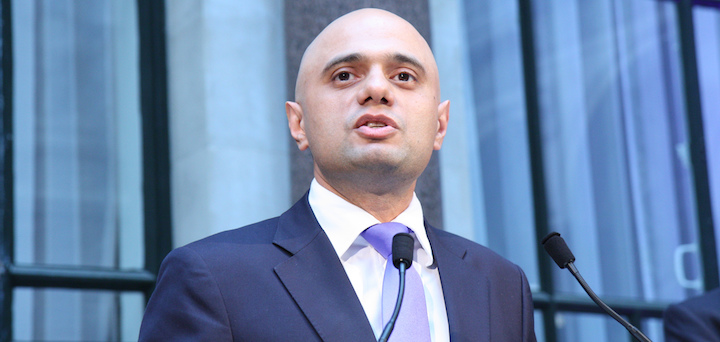
Government has headed off a rebellion by backbench Tory MPs over the local government settlement after promising an extra £150m for social care.
MPs voted (Wednesday, 7 Feb) to approve the settlement, which will see a reduction in revenue support grant paid to councils from £5.0bn this year to £3.6bn in 2018/19.
Conservative MPs which had threatened to vote against the original settlement, announced before Christmas, were brought into line after the extra £150m was announced.
Citing the government’s “spending power” calculation, communities secretary Sajid Javid told the House of Commons: “I can confirm that there will be a real-terms increase in resources for local government over a two-year period, rising from £44.3bn in 2017-18 to £45.6bn in 2019-20.
“I should clarify, however, that due to the additional £166m that was announced this year, that is a real-terms increase over the two-year period rather than year-on-year.”
Jim McMahon, shadow housing, communities and local government minister, slammed the Conservatives who voted for the settlement.
He said: “Do Conservative back benchers really want this charade at this point in the calendar every year? We know that there is not enough money to fund public services, but they hold their nose because they have been bought off with a couple of pounds. They absolutely understand, in the way that all opposition members do, that the cuts have gone too far and that our communities deserve better.”
Government will use a needs-based formula to distribute an extra £150m unveiled in the local government settlement to boost social care.
Communities Sajid Javid published the final settlement this week, saying the additional cash will be available to councils in 2018/19.
It comes on top of an additional £2bn for social care announced at last years’ Spring Budget, which is to be spread over three years from 2017/18.
Also, speaking in the Commons debate on the settlement, Clive Betts, chairman of the communities and local government select committee, warned that the government’s fair funding review was unlikely to solve problems with local government funding.
He said: “Of course it is right to review needs assessments every so often, and the select committee has put forward some evidence, following research we had commissioned on that review.
“But in the end, this is a zero-sum game, because when one council gains from the review, another will lose.
“What came out clearly from our evidence session on Monday—I believe that this was said by the Conservative leaders—is that if the cake is not large enough, the fair funding review will probably end up being seen by no one as fair at all.”
Javid also addressed concerns about “negative revenue support grant” raised by some MPs.
He said: “Changes in revenue support grant have led to a downward adjustment of some local authorities’ business rates top-up or tariff for 2019-20.
“We know we must address that problem, and we will consult formally on a fair and affordable set of options for doing so, with plenty of time to reflect on the findings before next year’s settlement.”
In addition, the government has announced the continuation for the next three years of freedoms for councils to spend capital receipts from the sale of their own assets to help fund the transformation of services.
Paul Carter, chairman of the County Councils Network and leader of Kent County Council, said: “Today’s announcement of an extra £166m for local government is the result of a measured campaign by the County Councils Network, supported by county MPs and county leaders, who collectively put forward a persuasive and clear case to the government, which has been recognised and acted upon by Sajid Javid.
“The announcement of funding for upper-tier authorities and rural districts shows that CCN has secured additional resource for councils of all types.”












